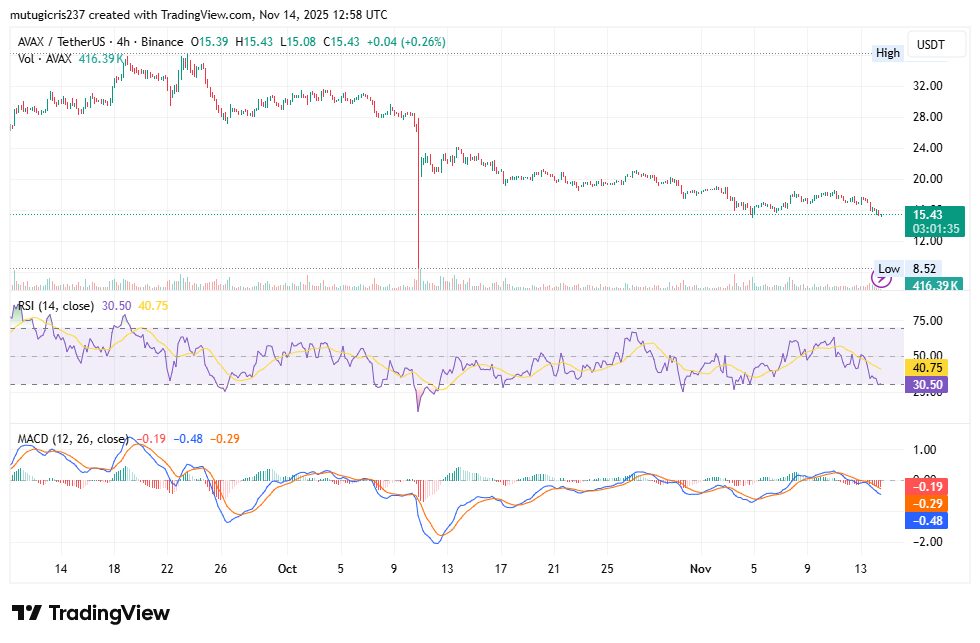- IOTA has made its Digital Product Passport demo publicly accessible, showcasing components of the IOTA Trust Framework.
- Digital Product Passports serve as an example, with forthcoming EU regulations mandating their use across multiple product sectors to mitigate fragmentation.
In October, the IOTA network introduced the Trust Framework, a toolkit designed to make digital interactions more secure and verifiable. The team has now announced on X that anyone curious about how blockchain can be used to track a product’s lifecycle now has an opportunity to explore the technology “under the hood.”
They note that the demo serves as a conceptual reference rather than a finished, regulation-ready Digital Product Passport solution, highlighting how IOTA components could enable practical use cases such as Digital Product Passports.
For context, we’ve previously noted that the Trust Framework is built around modular components designed to maximize flexibility and functionality. These include IOTA Identity, Hierarchies, Notarization, the IOTA Gas Station, and tokenization, each addressing recurring business needs such as product tracking, provenance, trade, and supply-chain operations.
Because these modules can operate independently, they can be combined or adopted as needed, with their infrastructure powered by the Move Virtual Machine.
The DPP Demo
The demo opens by outlining the core challenges that hinder growth and efficiency in today’s product ecosystems. It explains that lifecycle data —information about a product’s origin, movement, maintenance, and end-of-life —is frequently locked away in isolated systems that don’t communicate with each other.
As products move through complex supply chains, this data is often lost, fragmented, or duplicated across different stakeholders. Because there are few incentives to share information, manufacturers, distributors, retailers, and recyclers tend to keep their data siloed.
A Digital Product Passport (DPP) is essentially a digital file that follows a product through every stage of its life, from its initial design all the way to its final recycling. Connected to a unique product identifier, it captures key details such as technical specifications, repair history, material composition, and compliance data.
With upcoming EU regulations set to make DPPs mandatory for many product categories, this approach turns previously scattered information into a reliable, permanent source of truth.
The wider DPP ecosystem involves multiple stakeholders, including manufacturers, distributors, consumers, service providers, recyclers, and Extended Producer Responsibility Organizations (EPROs).
Tracking an E-Bike Battery
In the demo, an e-bike battery serves as the example product being tracked. EcoBike, the fictional manufacturer, registers lifecycle events using IOTA Notarization, ensuring that the recorded data is stored immutably and can be verified by anyone.
IOTA Notarization can be integrated through Rust or WASM libraries, or directly via Move-based smart contracts. Within this system, EcoBike identifies itself using an IOTA Identity, specifically a Decentralized Identifier (DID), which represents the organization on the IOTA network.
Since products can end up anywhere, manufacturers need a safe way to make sure that only trusted service providers can update their digital passports. EcoBike does this with an on-chain Service Network using IOTA Hierarchies , assigning roles and permissions through cryptographic credentials to create a secure, verifiable chain of trust.
The demo then raises an important question:
A major challenge in building useful DPPs is motivating actors to participate in this circular economy. Why should a service technician document their actions? Why should an owner bring the product to a certified recycler?
This is where IOTA tokenization comes in. By representing real-world items as digital assets on-chain, IOTA opens the door to new business models and makes it easy for these assets to interact with wallets, exchanges, and smart contracts, just like regular IOTA tokens.
As users perform actions with the Digital Product Passport, rewards are automatically paid out. Each payout is immutably stored on the IOTA ledger and verifiable through the IOTA Explorer, providing a tangible incentive to contribute.
Recommended for you:
- Buy IOTA Guide
- IOTA Wallet Tutorial
- Check 24-hour MIOTA Price
- More IOTA News
- What is IOTA?

